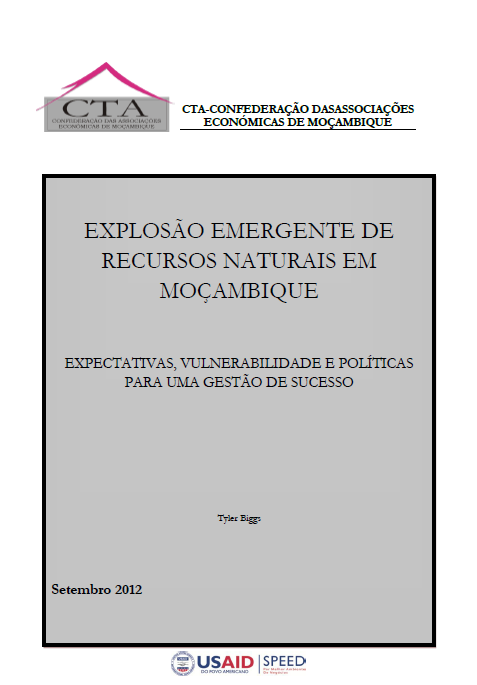Location
About Us
We envision a world in which land governance systems, both formal and informal, are effective, accessible, and responsive for all. This is possible when land tenure and property rights are recognized as critical development issues and when the United States Government and its development partners demonstrate consistent attention and a firm commitment to supporting coordinated policies and programs that clarify and strengthen the land tenure and property rights of all members of society, enabling broad-based economic growth, gender equality, reduced incidence of conflicts, enhanced food security, improved resilience to climate change, and effective natural resource management.
Mission Statement
The USAID Land Tenure and Resource Management (LTRM) Office will lead the United States Government to realize international efforts—in accordance with the U.S. Government’s Land Governance Policy—to clarify and strengthen the land tenure and property rights of all members of society—individuals, groups and legal entities, including those individuals and groups that are often marginalized, and the LTRM Office will help ensure that land governance systems are effective, accessible, and responsive. We will achieve this by testing innovative models for securing land tenure and property rights and disseminating best practice as it relates to securing land rights and improving resource governance within the USG and our development partners.
Members:
Resources
Displaying 226 - 230 of 440Reforms in Haiti Address Tenure Issues
In the aftermath of the January 2010 earthquake, land and property issues emerged as an area of significant concern in Haiti. Analyses in the weeks following the disaster warned that destruction of property records, massive population displacement and loss of life could contribute to opportunism, land grabbing, conflict and delayed resettlement—particularly in urban areas severely affected by the earthquake.
Impact of Land Rights on Girls' Education
Here’s a short video (within the blog post) from Landesa that “connects the dots” between securing land rights and improving educational opportunities for girls. The connection may not be immediately clear so teasing out the links – which the blog does – is important:
Changes in Laos Land Policy
Is the government of Laos committed to shifting its land policy to enable greater local control? This story suggests that it is. The President of the National Assembly’s Committee on Economic Planning and Finance, Dr. Souvanhpheng Bouphanouvong, is quoted as saying: “For over a year, Lao has been undergoing a process of reviewing and revising various policies and legislation pertaining to land and natural resources.
Ethiopia—Strengthening Land Administration Program (ELAP)
1 Background The Pastoral and Agro-Pastoral Land Tenure and Administration Study (PALTAS) was launched because of the compelling need to identify and recommend policy that clarify and strengthen the land rights of pastoralists and agro-pastoralists and put in place appropriate administrative mechanisms to enforce their rights. It was designed to assess the land tenure problems in the pastoral and agro-pastoral areas of Oromia, SNNP, Gambella, Afar, and Somali regional states.
Explosão emergente de recursos naturais em Moçambique
Moçambique está prestes a tornar-se num exportador de recursos naturais de classe mundial com projecções que indicam que o país vai registar um rápido e prolongado aumento de receitas provenientes de recursos minerais nas próximas décadas. Embora esta seja uma boa notícia para um país de baixos rendimentos, com uma proporção substancial da população abaixo da linha de pobreza, antecipa alguns problemas para a gestão económica no futuro.




